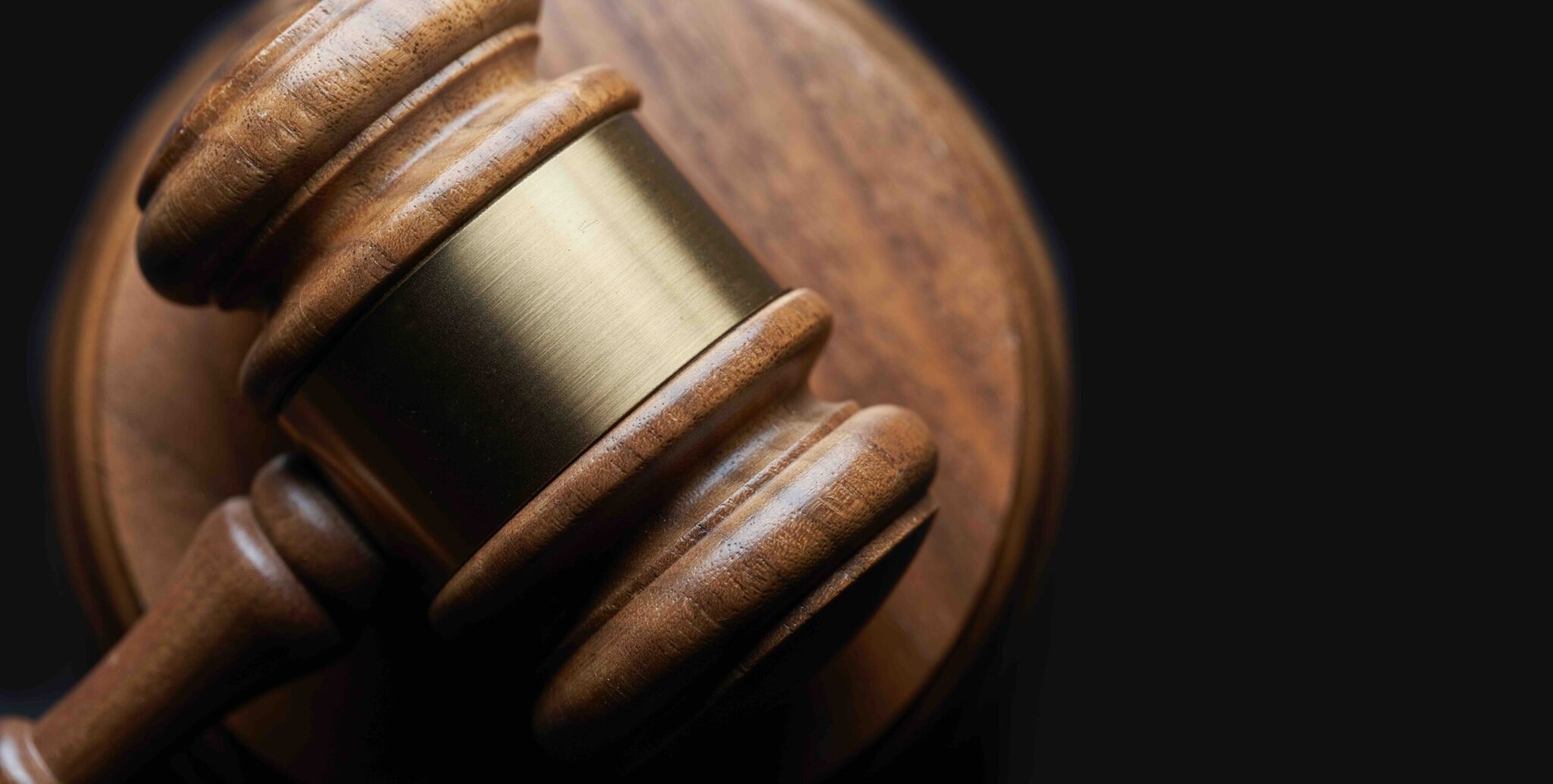Tracy Tiernan - July 15, 2025 - Criminal Defense

The rulings of the United States Supreme Court have a major impact on the procedures of the criminal justice system, including some cases that you probably take for granted. For example, it is due to Miranda v. Arizona that, when arresting a defendant, the police must notify the defendant of their rights during the ensuing investigation. The Gideon case is why the court must assign public defenders to represent defendants who cannot afford to pay for legal representation.
This year, the Supreme Court handed down two decisions that offer hope to defendants who have been wrongfully convicted and to defendants who acknowledge their guilt but whose sentences are excessive. If you are acquitted in criminal court, the “no double jeopardy” rule protects you from being tried again, even if new evidence against you emerges, but if you are convicted, you have the right to appeal your conviction or your sentence; this includes cases where the state violated the defendant’s Fifth Amendment rights by pressuring him or her into confessing to the crime. If you have been wrongfully convicted of a crime or received an excessive sentence, contact a Tulsa criminal defense lawyer.
Hewitt v. United States Protects Defendants From Draconian Sentences Handed Down Pursuant to Obsolete Laws
In the Hewitt case, the defendant was arrested in 2008 and convicted of robbery shortly thereafter. He has been serving a prison sentence since his conviction. Meanwhile, the sentencing guidelines have changed. If the defendant had been sentenced under the laws that were in effect in 2025, he would have already finished his sentence, and he would be free. In the Hewitt reason, the Court declared that the trial court must review the sentences of defendants if they appeal their sentences due to changes in the law.
Gutierrez v. Saenz Allows DNA Testing in Decades-Old Cases
DNA testing has been admissible as evidence in criminal cases for several decades. DNA samples can provide definitive evidence about whether a defendant, or a defendant’s possessions, were at a crime scene. Even if DNA samples are collected from items that have remained in forensics labs for many years, the DNA is still sufficiently intact to include or exclude a match with the defendant’s DNA. In the Gutierrez case, the defendant previously petitioned the court to consider DNA evidence to exclude him from the crime scene, but the lower courts refused, because they claimed that the defendant had already verbally acknowledged that he was present at the scene. This year, the Supreme Court ruled that the trial court must admit the DNA evidence.
Contact Tracy Tiernan About Criminal Defense Cases
The rights of defendants in criminal cases apply before, during, and after the trial. A criminal defense lawyer can help you if you are facing criminal charges or if you have pleaded guilty or received a guilty verdict at trial and have received a sentence. Contact Tracy Tiernan in Tulsa, Oklahoma, to discuss your case.